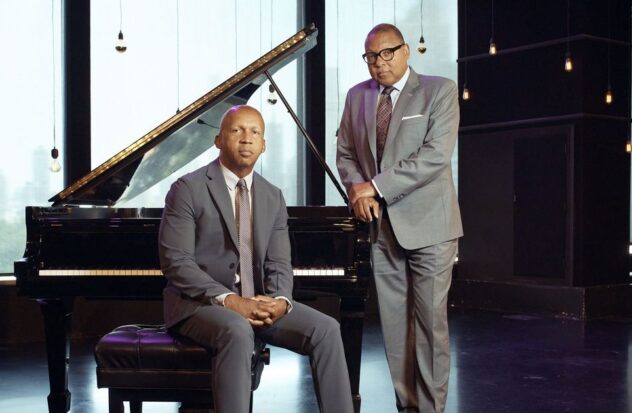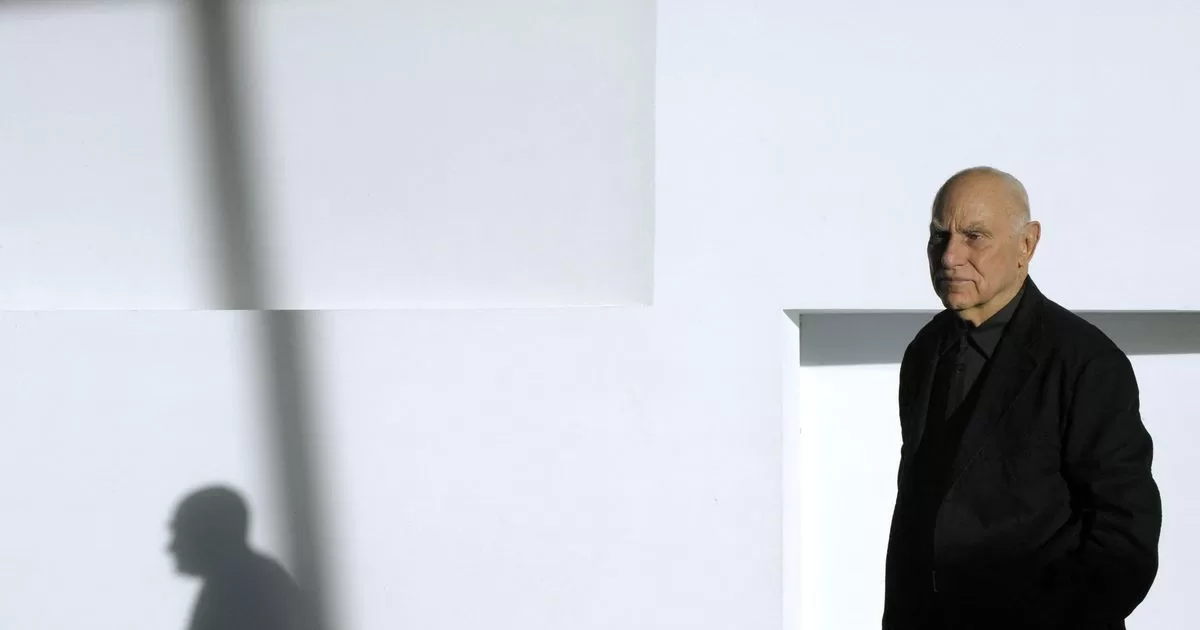NEW YORK.- African American musical traditions, such as jazz, are central to celebrations of Juneteenth o Emancipation Day, says civil rights attorney and jazz pianist Bryan Stevenson. For this reason, Stevenson and Pulitzer Prize-winning jazzman Wynton Marsalis launched Freedom, Justice and Hopeand album live from historical jazz recordings created to protest injustice racialin time for this year’s celebrations of Juneteenth or Emancipation Day, which commemorates the emancipation of enslaved African Americans in the United States.
In addition to a new arrangement of Alabama by saxophonist John Coltrane, which pays tribute to the four African-American minors murdered when the Ku Klux Klan bombed Birmingham’s 16th Street Baptist Church in 1963, the project includes original compositions by promising bassist Endea Owens and trumpeter Josh Evans .
The album, released under Blue Engine Records, features the Jazz at Lincoln Center Orchestra, where Marsalis is the general and artistic director. It is available on digital platforms.
Album recording
Its publication comes before 10 years have passed since the death of Michael Brown, a teenager shot dead by police in Ferguson, Missouri, which sparked a wave of Black Lives Matter protests. When recorded Freedom, Justice and Hope Three years ago, in 2021, the nation was reeling from another flashpoint: the murder of George Floyd at the hands of a police officer in Minneapolis.
Taking some of the great jazz works of the 20th century and integrating them into the narrative about the long struggle for social justice in this country is simply a dream come true, said Stevenson, who founded the nonprofit Equal Justice Initiative. for criminal justice reform and racial justice based in Montgomery, Alabama.
“The history of jazz and musicality in African-American protest is deeper than many people realize,” said Marsalis, the legendary trumpeter who includes soulful melodies throughout the album. Stevenson accompanies the piano and weaves spoken reflections on disenfranchisement, racial injustice, and the activism that sparked in response.
Jazz itself was a response to the Minstrel shows, Marsalis said, referring to a form of entertainment that emerged in the 19th century that included white actors in blackface performing racist portrayals of African Americans. .
Jazz still has the same impact, he said. People show up, they can play their instruments, they take what they do seriously. They discuss problems, are honest about it, and don’t feel the need to denigrate themselves.
“Things that dazzled and inspired”
Derived from ragtime and blues, cultivated in turn-of-the-century New Orleans, and coming to prominence during the Harlem Renaissance (cultural movement of the 1920s and 1930s), the genre is a crossroads where music meets fight for justice. Some historians even consider that jazz singer Billie Holiday’s 1939 performance of Strange Fruitan anti-lynching poem by Abel Meeropol, was one of the catalysts for the Civil Rights Movement.
“I think jazz as an art form should be understood as a protest against these narratives that African Americans are somehow incapable,” Stevenson said. The extraordinary thing that jazz musicians did was that they took Western music, did things with these art forms that others have been playing for centuries, and added things that dazzled and inspired.
They did it with a kind of dignity and intention to refute this false narrative of racial hierarchy, he said.
With that spirit the optimist Idas Crusade by Owens chronicles journalist Ida B. Wells-Barnett’s lifelong fight against lynching and unjust imprisonment. Elaineby Evans, is inspired by the 1919 massacre in Arkansas that claimed the lives of several hundred Americans.
With Marsalis and Stevenson, the Jazz at Lincoln Center orchestra performs new arrangements of Honeysuckle Roseoriginally composed by Fats Waller in 1929; We Shall Overcome, the refrain of the Civil Rights Movement of 1947; and Freedom Suiteoriginally composed by Sonny Rollins in 1958.
Aside from Stevenson’s monologues, the songs on Freedom, Justice and Hope are entirely instrumental, with no vocals.
FUENTE: AP






